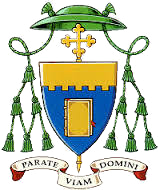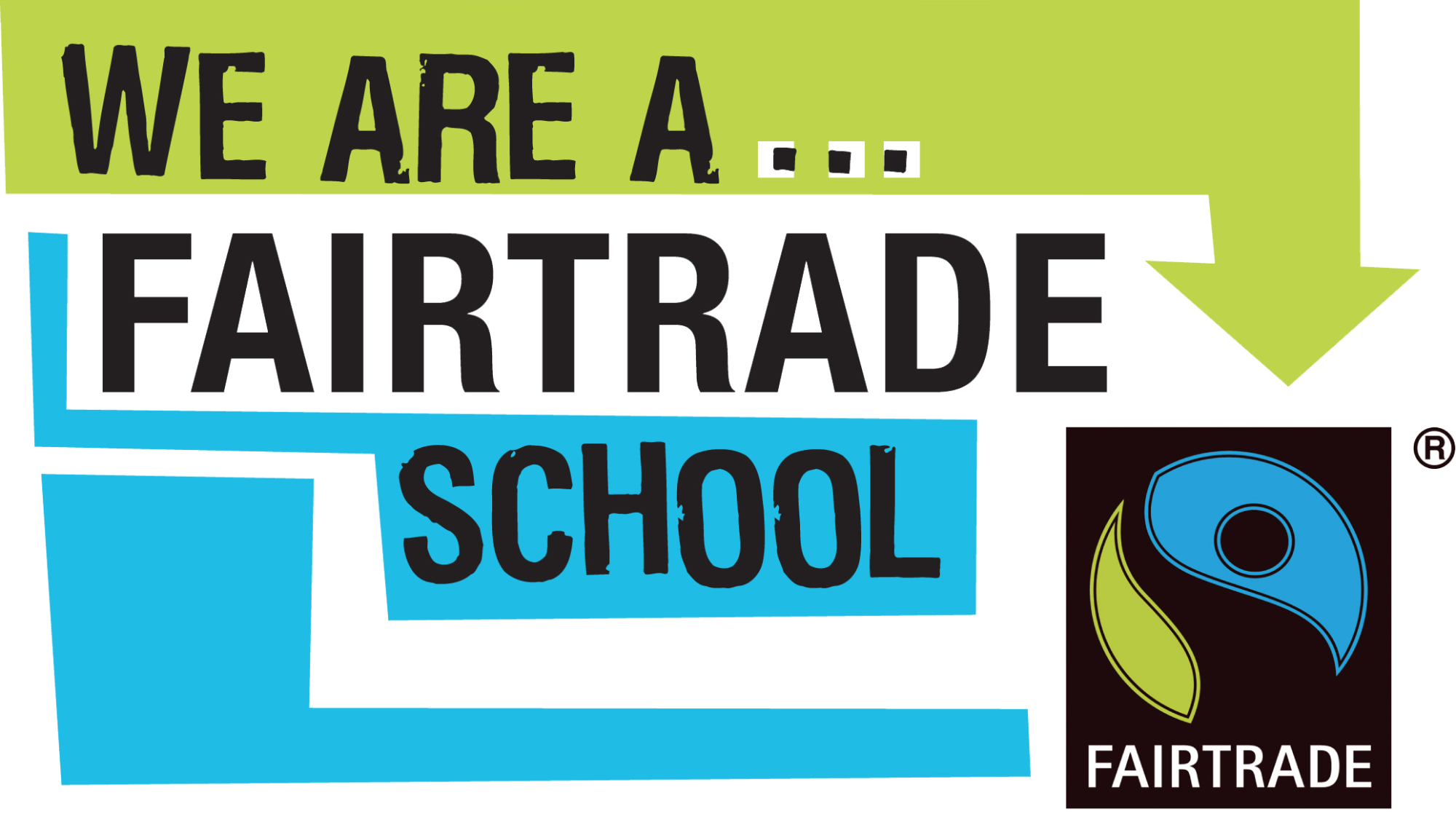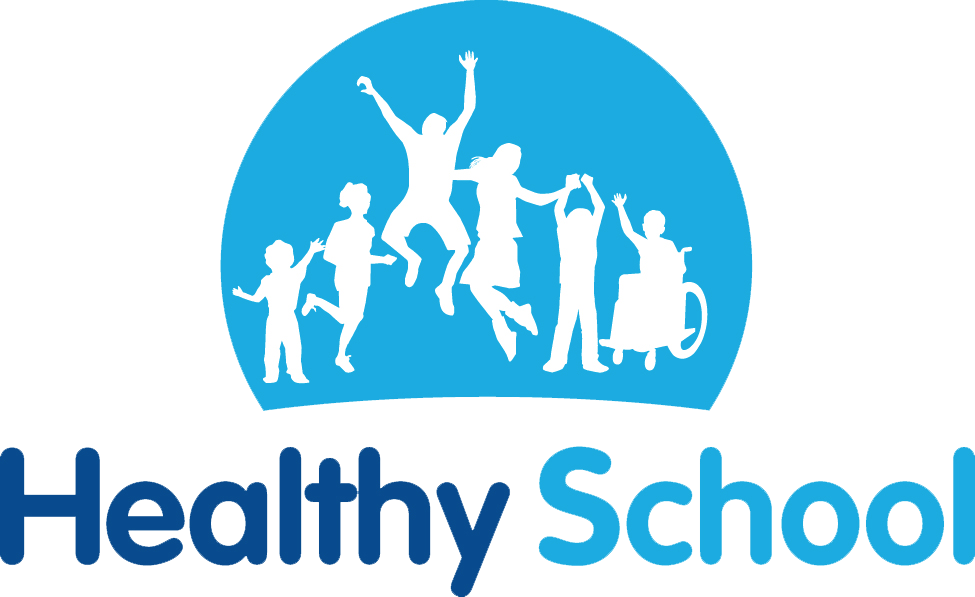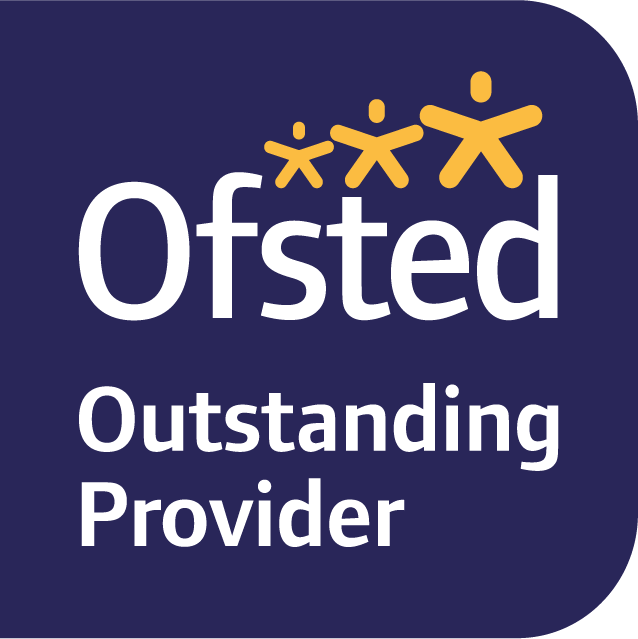English as an Additional Language
Our Mission
All that we do at St Joseph’s is shaped by our commitment to our Faith. The choices we make and the expectations we nurture in our children emanate from a guiding desire to live our lives according to gospel values. In the words of our Mission Statement, written by the children:
- We are God’s family, here to learn and try our best.
- God is at the heart of everything. Prayer is behind us in all that we do.
- We are called to serve others.
- As friends of Jesus, we treat others with respect, as we would wish to be treated ourselves.
- We want everyone to be the best person they can be.
- We are all amazing in our own way.
- We look after the wonderful world that God created for us.
Our Mission Statement is reflected in our provision for the extra needs of children with English as an Additional Language (EAL):
- We respond quickly to ensure sustained progress towards fluency for all children to achieve fluency in a timely fashion.
- We celebrate diverse cultures and the wealth of languages which make up our school.
Our Vision
At St Joseph’s, 51% of children have English as an Additional Language compared to 19% nationally (2018).
This means that almost half of our children hear, speak and/or understand languages other than English outside school in their families and wider communities. With varying degrees of fluency in English, these children have an extra learning need which we aim to support.
Our vision is to bring all children towards mastery in all curriculum areas. Any barriers created by language acquisition need to be broken down in order to provide full and equal access to all. Specifically, we
- value the first language and culture
- promote equal opportunities for all pupils for whom English is an additional language.
- deliver an ambitious curriculum and ensure children with EAL reach their full potential.
- monitor the progress of children with EAL and respond to identified needs.
- support children with EAL who are at risk of under-achieving because of their stage in English language acquisition
Our Strategy for Children with EAL
When children start at St. Joseph’s, teachers and the leader for EAL assess where we believe children to be on the journey towards fluency in English. Using national descriptors, children are grouped. On the basis, we intervene to address gaps in English language acquisition.
Provision for Children with EAL
A |
New to English | May use first language for learning and other purposes. May remain completely silent in the classroom. May be copying/repeating some words or phrases. May understand some everyday expressions in English but may have minimal or no literacy in English. Needs a considerable amount of EAL support. |
B |
Early acquisition |
May follow day-to-day social communication in English and participate in learning activities with support. Beginning to use spoken English for social purposes. May understand simple instructions and can follow narrative/accounts with visual support. May have developed some skills in reading and writing. May have become familiar with some subject specific vocabulary. Still needs a significant amount of EAL support to access the curriculum. |
C |
Developing competence |
May participate in learning activities with increasing independence. Able to express self orally in English, but structural inaccuracies are still apparent. Literacy will require ongoing support, particularly for understanding text and writing. May be able to follow abstract concepts and more complex written English. Requires ongoing EAL support to access the curriculum fully. |
D |
Competent |
Oral English will be developing well, enabling successful engagement in activities across the curriculum. Can read and understand a wide variety of texts. Written English may lack complexity and contain occasional evidence of errors in structure. Needs some support to access subtle nuances of meaning, to refine English usage, and to develop abstract vocabulary. Needs some/occasional EAL support to access complex curriculum material and tasks. |
E |
Fluent |
Can operate across the curriculum to a level of competence equivalent to that of a pupil who uses English as his/her first language. Operates without EAL support across the curriculum. |
N |
Not Yet Assessed is also available for use where the school has not yet had time to assess proficiency |
Reception Classes
For our youngest learners, we aim to address language acquisition challenges early. Small group and one to one interventions go hand in hand with the NELI (Nuffield Early Language Intervention) programme which we follow. In the Early Years area we,
- Provide a range of opportunities for children to engage in speaking and listening activities in English with peers and adults, such as storytelling and role-play.
- Provide a range of learning through play opportunities for EAL children to develop their social communication skills.
- Expect children to learn their phonics and made good progress with early reading alongside their peers.
- Provide support to expand children’s vocabulary in English.
- Specifically, staff provide strong models of language for the children.
Towards Mastery of the English Language
Mastery of the English Language takes time. Our intention is to do all we can to prepare children for their next steps in education when they transfer to secondary school. For some children there will be progress still to make, but we consider that we do our job well and our outcomes indicate that the gap between children with EAL and those without is narrowed by the time they leave us.
In 2022, in all areas, children in year 6 with EAL exceeded national trends in attainment.

Our Policy document may be read here.






